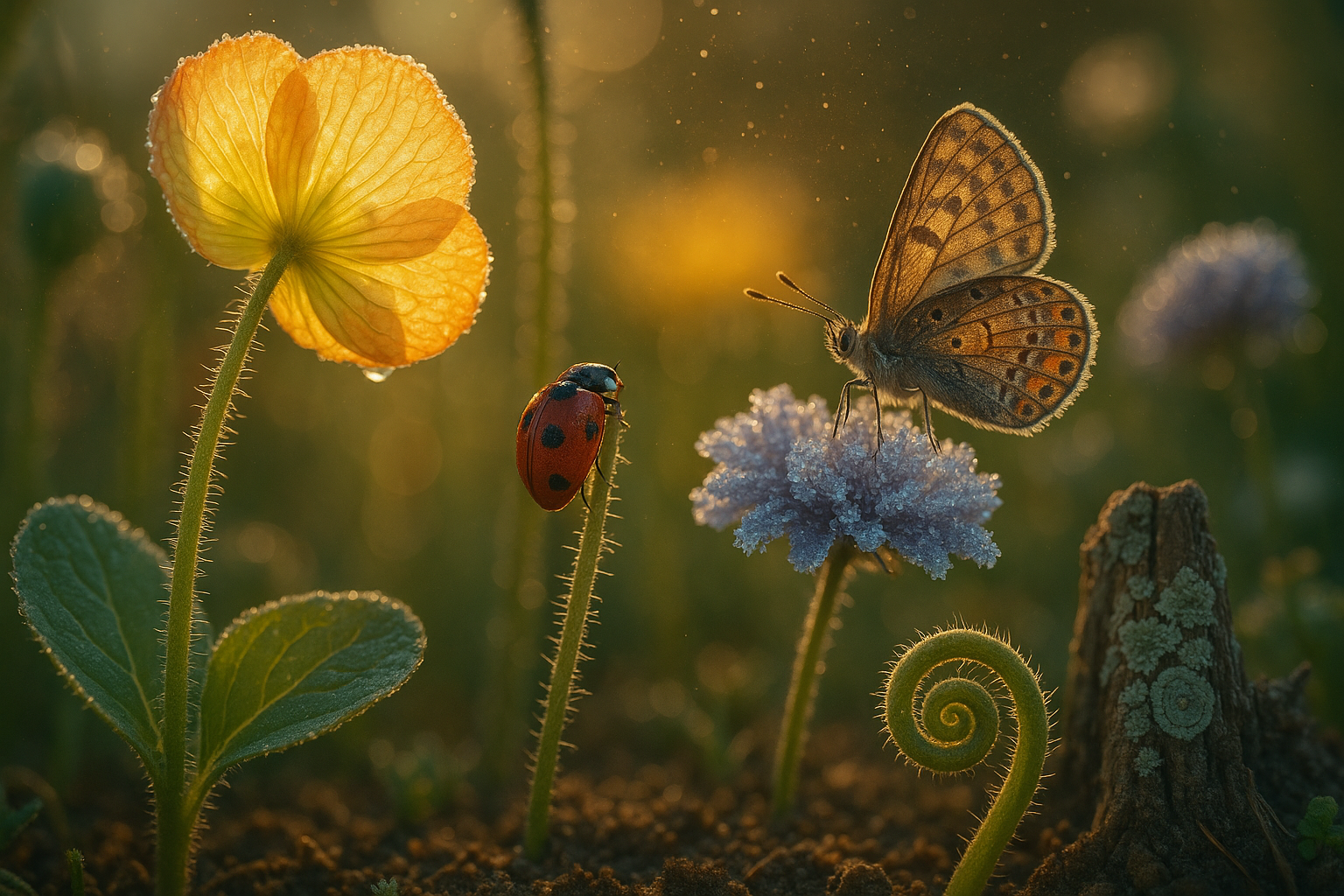There’s a strange thing that happens as we grow older: the seasons seem to spin faster.
Spring becomes summer in a blink; the weeks disappear into a blur of familiar routines. Many of us chalk it up to “just getting older,” but there’s a deeper story — one rooted in how our brains handle experience.
The Science of Familiarity
Our brains are wired to notice change.
When something is new — a sound, a texture, a smell — our attention lights up. We feel it vividly. But when something repeats, the brain quietly tunes it out to save energy. Psychologists call this habituation.
It’s why you stop feeling your shoes after a few minutes, or forget the hum of your refrigerator. It’s also why days filled with routine seem to vanish more quickly than days filled with discovery. The more familiar life becomes, the less our brains bother to record — and time feels like it’s rushing past.

Predictable Lives, Compressed Time
As we age, we get good at life. We know the routes, the recipes, the rhythms. The world surprises us less.
That’s efficient, but it’s also a kind of trap: our perception of time is built on novelty and surprise. When there’s nothing new to notice, the mind compresses experience. A decade can feel like a season.
Why Gardening Feels Different

Then, there’s the garden. No two mornings in the garden are the same — the air, the angle of light, the exact green of the leaves. Even the smallest act of tending demands attention: the feel of soil, the scent of tomato vines, the movement of bees.
Gardening is the opposite of habituation.
It draws the senses back online. You have to notice. You have to kneel down, look closely, and attend. It’s slow work — and in that slowness, the world can become vivid again.
Many gardeners say time seems to stop when they’re working among plants. Neurologically, that’s not far from the truth. The garden reintroduces novelty and sensory detail into a brain that’s learned to skim the surface of life. Every new sprout or subtle shift in light resets the mind’s clock and delights us with surprise. In a bit of a paradox, when presence deepens the act becomes immersive; hours may pass like minutes, yet the experience is full, not empty.

The Gift of Attentive Time
You don’t have to travel the world to rediscover slow time. You just have to attend — to let the ordinary become unfamiliar again.
The garden teaches this better than almost anything else. It invites patience, observation, renewal. It lets us feel the slow pulse of growth and remember that time isn’t something we lose — it’s something we can enter.
When you step into your garden, barefoot in the soil, you’re not escaping time.
You’re meeting it, fully awake.
